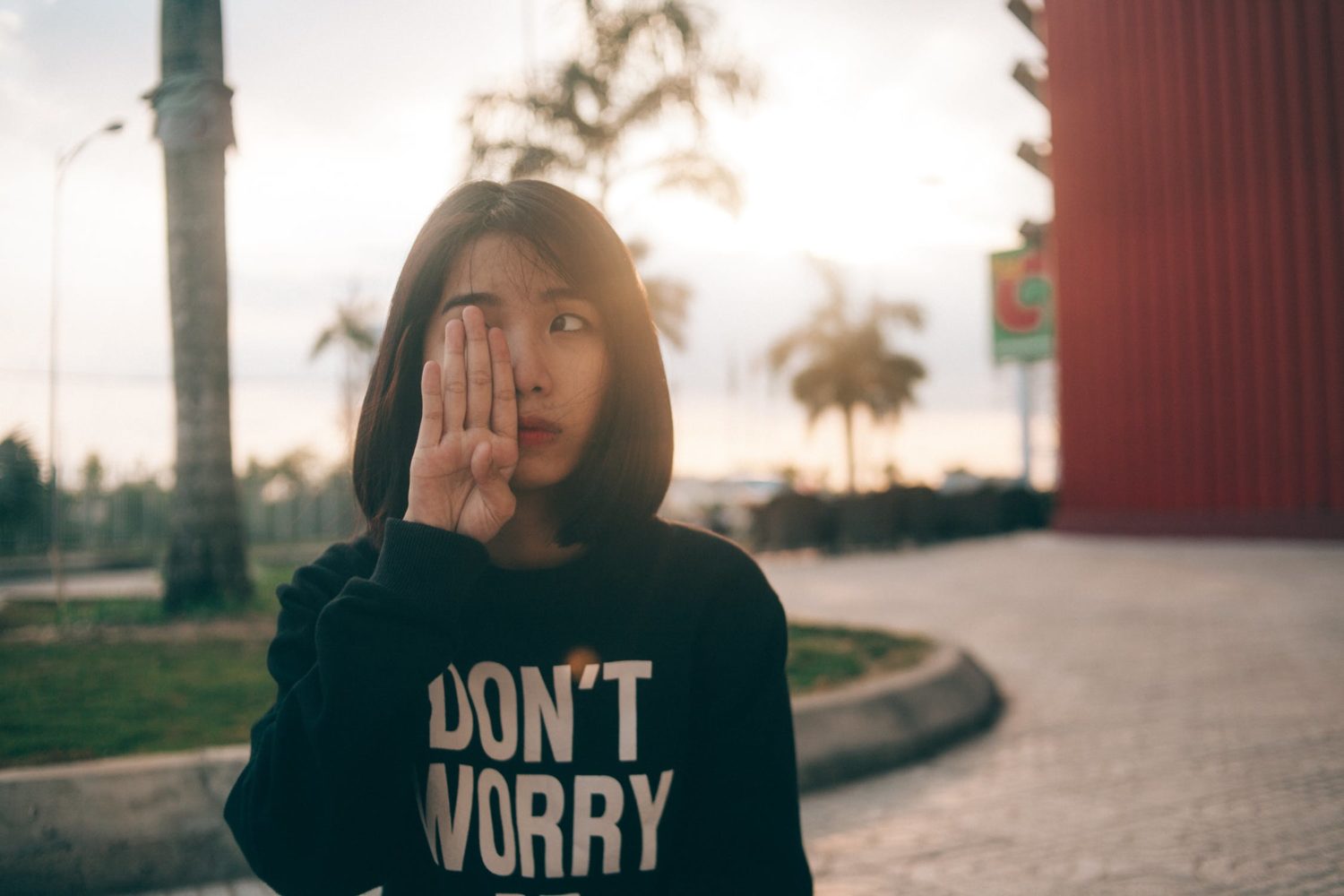
Humans are, by nature, social creatures. But some of us are more social than others. For the outgoing, a good Friday night may mean food, drink, and cheer with a large group of friends. For the more reserved, a solo evening relaxing or a quiet night of board games with a small number of friends sounds more ideal.
For some people, social interaction can be quite stressful. Unfortunately for them, work, school, and most things in life require some form of socialization.
So, if socializing gives you a high degree of stress, how do you cope?
Introversion vs. Social Anxiety
First, let’s discuss the difference between introversion and social anxiety. Both of these things are often misunderstood.
What is introversion?
You’ve probably heard of the terms extroverted and introverted. These terms were first coined by pioneering psychologist Carl Jung, and they are commonly used in personality tests like the popular Myers-Briggs one. Most of us aren’t exclusively one type, but many people do lean more towards one or the other.
Introversion and extroversion describe how you direct your energy, not just whether you’re shy or a people-person.
The following are traits of an introverted person:
- They like to reflect, think, and spend leisure time alone.
- They prefer having few friends than a large friend group with a variety of people.
- Introversion does not necessarily mean a person is shy or withdrawn or dislikes people.
- Introverts enjoy the company of others too, albeit in a different way from extroverts.
Side note: It’s a bit of a debate whether the Myers-Briggs test is actually scientifically sound. It’s a fun test, but take it with a grain of salt.
What is social anxiety?
Social anxiety disorder is a mental health condition. A person with social anxiety disorder experiences anxiety symptoms and significant distress in social situations. Their physical symptoms can include sweating, trembling, a pounding heart, and even nausea.
People with social anxiety, dealing with these symptoms, often feel very self-conscious, are afraid of people judging them, and may actively avoid situations where other people may congregate. Because of this stress and avoidance behavior, it’s not uncommon for these people to lean more towards the introverted side of things, which is typically not a social side.
So, if that is the case, what can they do?
What To Do When You’re Just Not That Social
It’s hard to navigate a social world when you’re not that social. Opting out of social events, for example, can make a person look rude when they’re not. Being quiet at work may make an employee look incompetent. All of which serve to alienate the person when all they wanted was to just catch a break.
To help you avoid these sorts of social mishaps, here are some tips you can try.
Reschedule.
If you’ve had a busy week and just want to relax on a Friday night, and then your friend invites you out, consider rescheduling on them instead of flat-out refusing. Many introverts need time to mentally ready themselves for social interaction, so simply giving yourself more time to prepare can work.
Propose a concrete alternate date and time. Rescheduling like this minimizes the chances of your friend feeling rejected. You can also suggest an alternative activity, such as inviting them over for a drink instead of going out for one.
Gradually expose yourself to nerve-wracking situations.
Situational exposure does not sound fun, but it can be very useful in gradually getting you more comfortable with social situations. For example, if leaving the house makes you feel nervous, make your first goal an easy one. Try to walk down the block to the corner store. Then, on another day, you may want to challenge yourself to actually buy something from the corner store, which necessitates talking to the cashier. On yet another day, challenge yourself to talk to another shopper at the store.
Preparation is key.
Talking in front of a crowd — even to co-workers in a boardroom meeting — can be intimidating for introverted and socially anxious individuals. To minimize anxiety, be as prepared as possible and write notes before heading into a meeting.
Just because you don’t like public speaking doesn’t mean you don’t have good ideas! You have every right to share them. If public speaking is very difficult for you, you can also use the trick of looking at the wall on the other side of the room instead of directly at people’s faces. But do try your best to show some eye contact here and there.
Don’t be ashamed to get professional help.
If social discomfort is getting in the way of your everyday life, such as work, school, and family events, consider getting help from a professional. You don’t necessarily need a diagnosed mental disorder to benefit from professional help. Psychotherapy techniques like cognitive behavioral therapy can be helpful to people who are only mildly or moderately anxious. There are also numerous resources online that can help.
Some people may benefit from antidepressants or anti-anxiety medications. Most antidepressants need to be taken regularly, so if you’re worried about affording them, you can find cheaper medications (such as sertraline or fluoxetine) from a website like Canadian Pharmacy Service, which connects patients to licensed pharmacies outside the U.S. International and Canada drugs are often cheaper because some countries have stricter drug pricing regulations than the U.S.
There’s no shame in finding professional help or taking medication. In fact, getting help means you’re taking responsibility for something in your life you’d like to improve.








